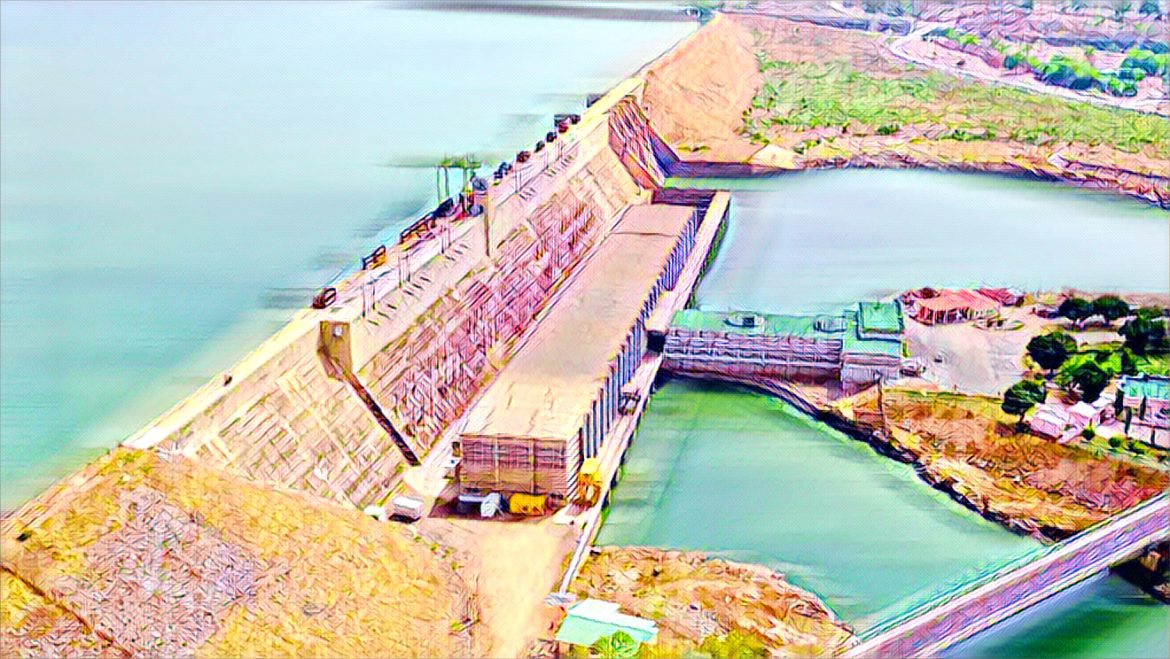Despite a mounting power crisis, Nigeria’s vast hydropower capacity, which exceeds 14,000 MW, remains largely untapped. The federal government’s dominant grip on the sector is a significant barrier to change.
On the recent International Hydropower Day, industry stakeholders underscored the importance of Nigeria harnessing its hydropower to bolster the electrical grid, amplify electricity capacity, and foster a shift from fossil fuels to renewable energy.
The International Hydropower Association revealed that although Nigeria boasts an installed capacity of 12,522 MW (excluding off-grid generation), with 2,062 MW coming from hydropower, the nation has the potential to produce more than 50,800 GWh of electricity annually from a possible 14,120 MW.
Industry experts believe that leveraging hydropower could enhance electricity supply, offer a sustainable flood management solution, ignite investments, and uplift rural communities. Lamu Audu, Managing Director of Mainstream Energy, which manages several dams, emphasised the multifaceted benefits of sustainable hydropower, from flood control to power generation and water supply.
According to a report by the Guardian, Audu voiced concerns about the perils of unregulated water flow and highlighted the broader socio-economic gains achievable through dam projects. “Dams are essential for maintaining river water levels. There’s a direct correlation between empowerment and a society’s power consumption and generation. A significant portion of the global population without electricity resides in Africa, despite our immense hydropower potential,” he remarked.
Audu advocates for targeted investments, sound governmental frameworks, and strategic policies to lure investors. He emphasises that the challenge isn’t merely financial. Given the assurance of a return on investment, global investors are ready to contribute. Both nationally and regionally, collaborative policy formulation with entities like ECOWAS and the African Union can catalyse development.
Revealing Mainstream Energy’s ongoing dialogue with the World Bank, Audu discussed potential public-private partnership (PPP) models, advocating for private developers’ involvement in dam construction, thereby freeing governmental resources.
The Bureau of Public Enterprises (BPE) plans to concession 12 small hydropower plants, yet these projects remain conceptual. Prolonged projects, like the Mambilla hydropower endeavour, have seen no significant progress despite being on the agenda for years.
While the Nigerian power sector has seen partial privatisation, the government retains control over most hydropower plants. This results in a scenario where the government earns revenue from the plants yet borrows money for hydropower ventures.
Madaki Ameh, an energy expert, touted hydropower as Nigeria’s energy future. “The global technology for efficient hydropower exists. Nigeria must capitalise on its abundant rivers and streams,” he stressed.
Dr. Adedoyin Adeleke, Executive Director at the Green Growth Africa Sustainability Network, echoed similar sentiments. He emphasised hydropower’s cost-effectiveness, stressing its socio-economic and environmental advantages compared to other energy sources.



